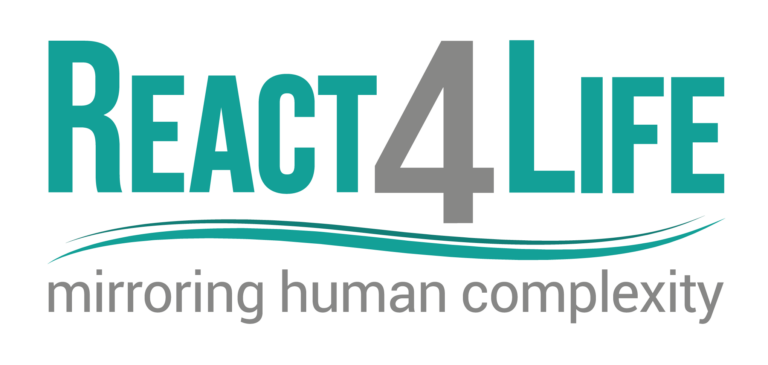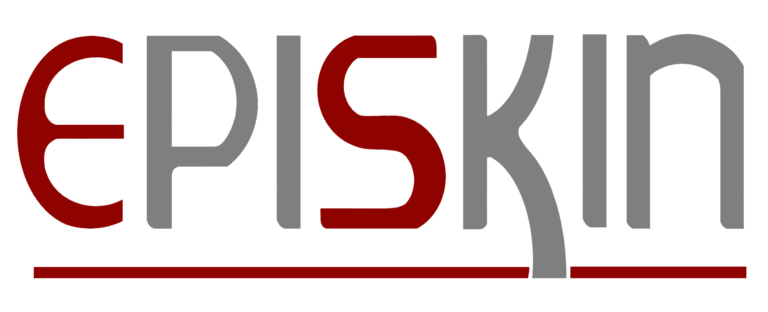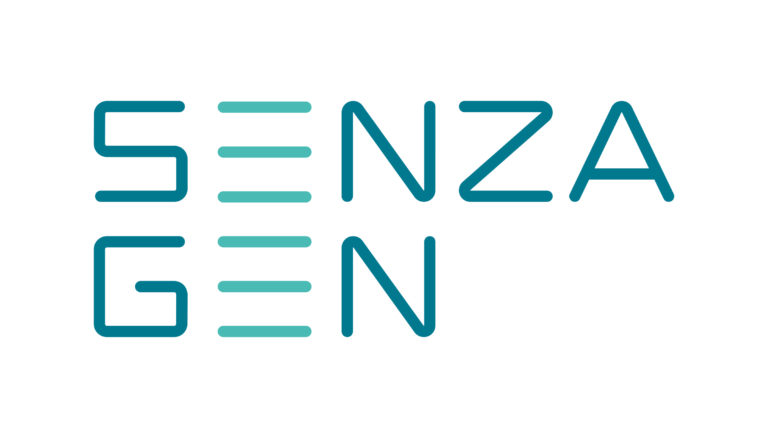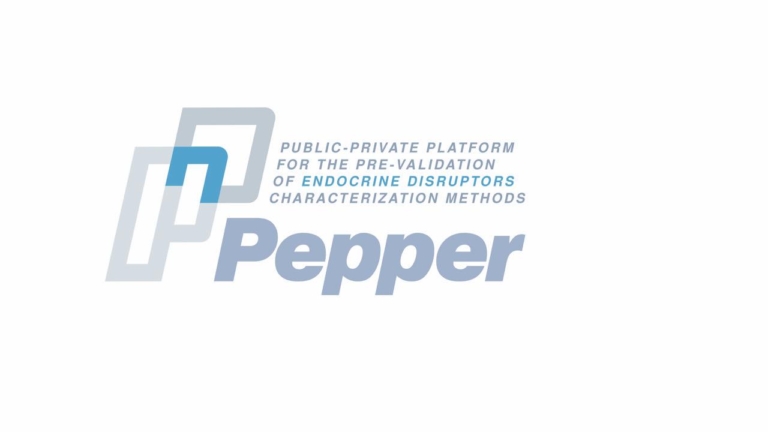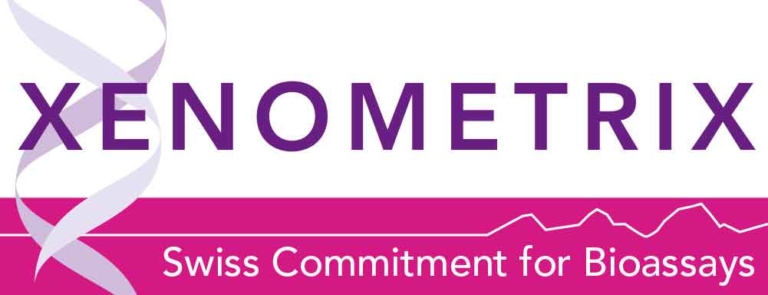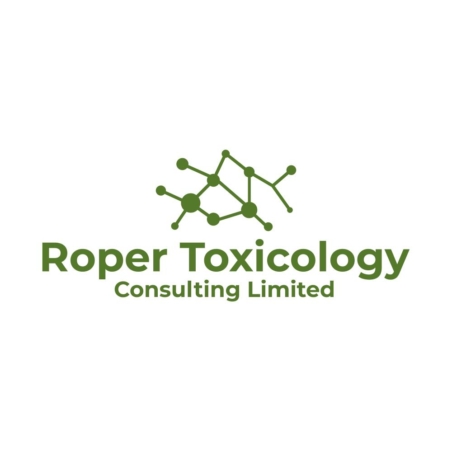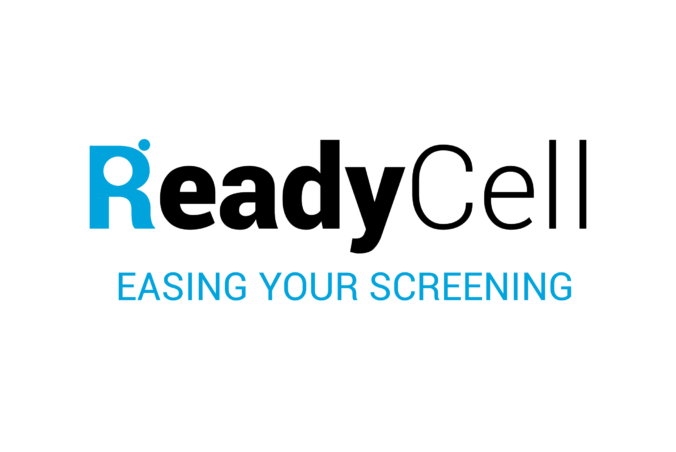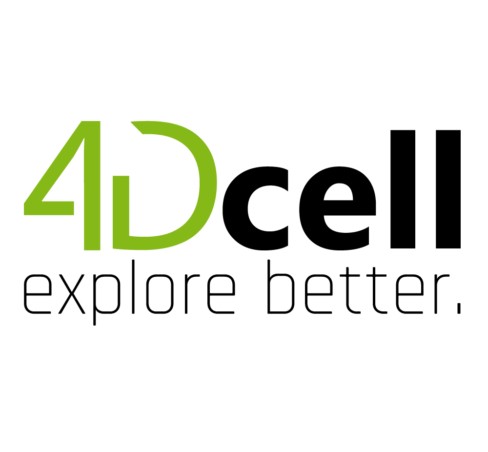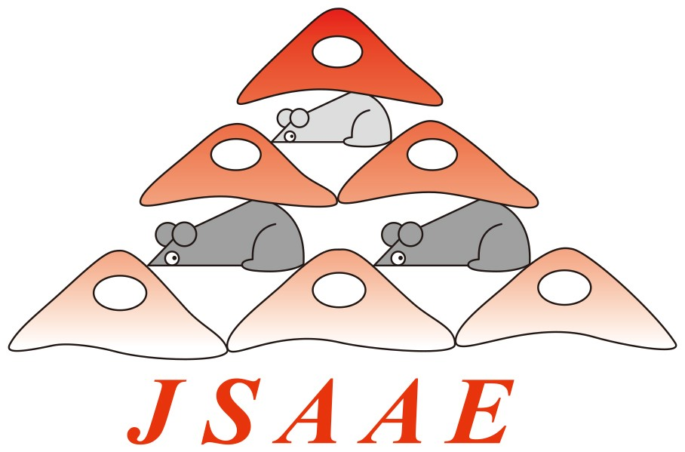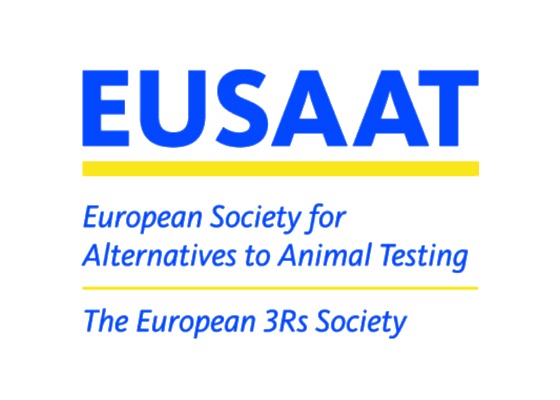Serum-Free Cultures: Why and How?
Thursday, February 24 2022
9:30-10:30 AM EST / 15:30 -16:30 CET
Presenter 1: Barbara Jozef, PhD, EAWAG
Title: Nutritional requirements of fish cell lines: development of a serum-free culture medium for routine culturing of the RTgill-W1 cell line
Abstract:
Efforts to replace fish for regulatory testing have resulted in the development of strategies and assay procedures based on permanent fish cell lines, especially of rainbow trout (Oncorhynchus mykiss). The rainbow trout gill cell line, RTgill-W1, is at the core of an acute cytotoxicity assay to predict fish acute toxicity to chemical exposure. It is the first of its kind to be approved by international standardization organizations, namely the Organisation for Economic Co-operation and Development (OECD) and the International Organization for Standardization (ISO). However, though the assay as such is performed in a simple exposure medium without the addition of animal components, RTgill-W1 cells are grown routinely in Leibovitz’s L-15 medium (L-15) supplemented with 5–10% fetal bovine serum (FBS). FBS is a very complex, ill-defined mixture, which is additionally derived by a highly unethical method. We therefore have set out to develop a serum-free formulation capable of supporting RTgill-W1 cell proliferation through a systematic, bottom-up medium design.
The novel medium formulation enables RTgill-W1 cells to proliferate in the absence of serum. Adaptation of RTgill-W1 clones to this new serum-free medium, including attachment, passaging, and freeze/thawing, is well underway – we may not be far from having the first fully defined culture medium for at least one type of fish cell.
Presenter 2: Aline Chary, PhD, LIST
Title: Using FBS-free media in in vitro cell cultures: A case study in transitioning and characterizing A549 cells
Abstract:
Replacing the use of fetal bovine serum (FBS) in cell culture media bolsters the reproducibility of in vitro research and overcomes the ethical and legal challenges associated with its use. Increasingly, scientists are focusing on replacing the use of FBS as a supplement in cell culture media with animal-component-free media.
Using A549 cells—an immortalized human epithelial alveolar-like cell line commonly used in respiratory research—as a case study, we demonstrate the process of transitioning cells cultured in medium containing FBS to commercially-available media without FBS. To determine whether the transition was successful, cellular morphology and functionality were assessed by imaging (scanning electron microscopy); calculating cell doubling time, cytokine release (Bio-Plex), and cell viability (Alamar blue assay); monitoring the expression of relevant genes; and determining surfactant production (surfactant droplet test). Our results show that, while success varies based on the transition process and type of media, animal-derived components can be replaced in the culture of A549 cells. Because FBS-free media can replicate the phenotype of A549 cells similar to that observed in FBS-supplemented medium or a phenotype more similar to normal alveolar epithelial cells, the medium should be chosen based on the objective of the study. This case study can be used as a guide to transition other cell types to FBS-free media.
 The ESTIV Members Area
The ESTIV Members Area